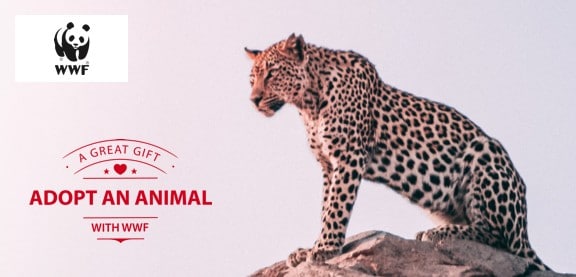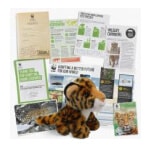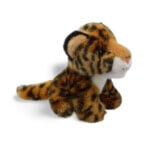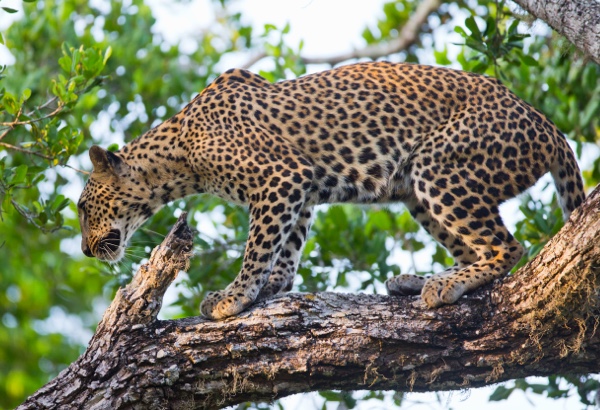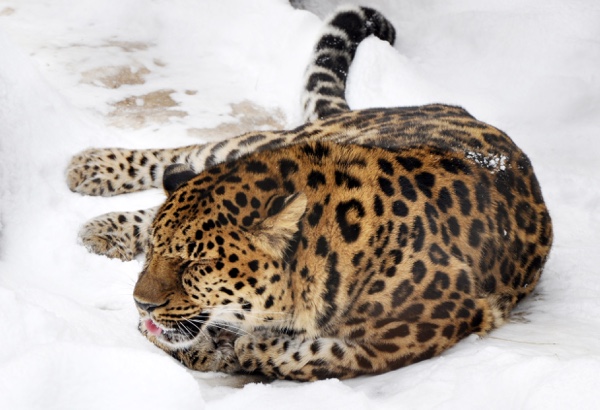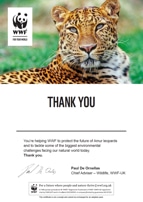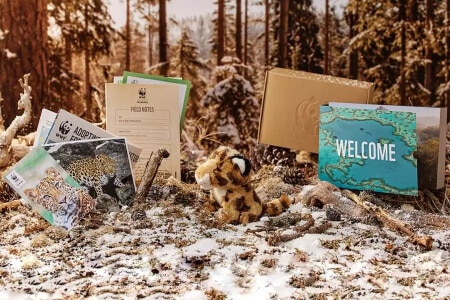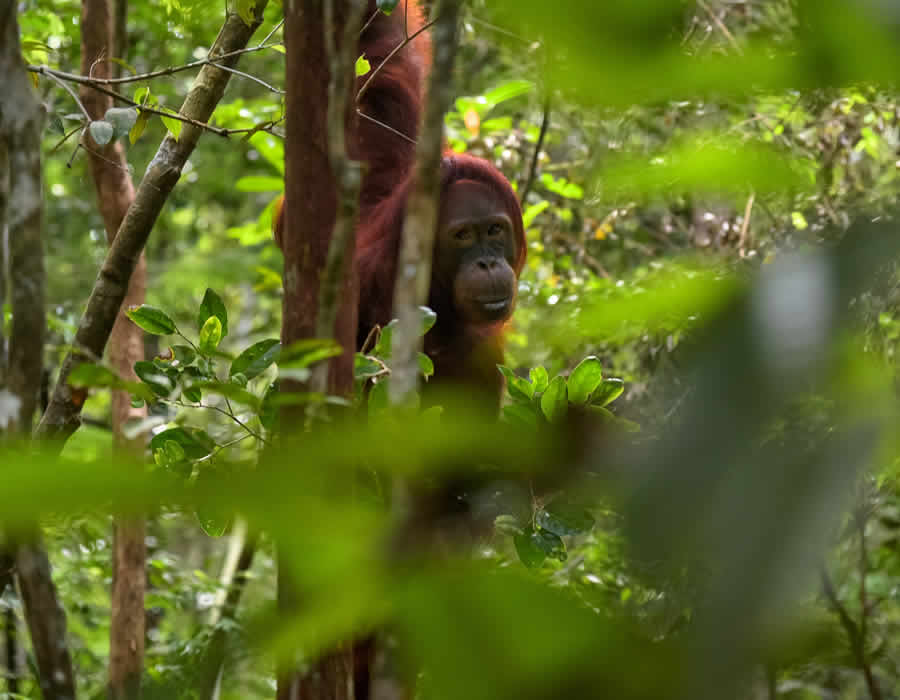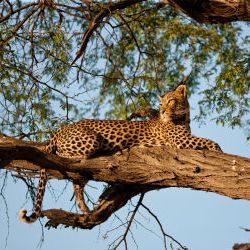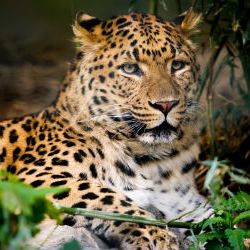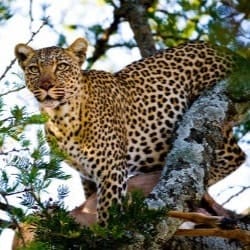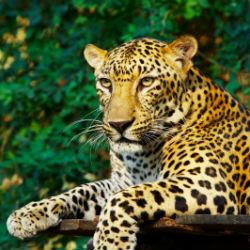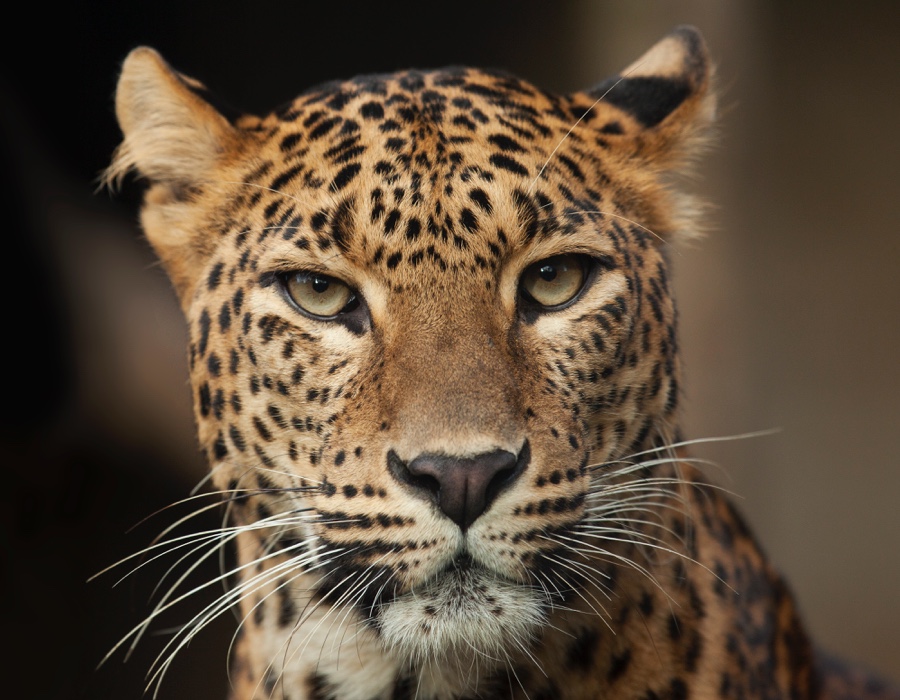
Leopard Facts
- Pound for pound the leopard is the strongest of all the big cats. They have the ability to climb trees even whilst carrying heavy prey.
- Leopards are extremely agile. They have the ability to jump 3 metres vertically and 6 metres horizontally. They are excellent swimmers and when they run, can reach a top speed of 58 kmph.
- The leopard tends to prefer living alone with male territories overlapping those of females. Leopards only ever tolerate intrusion into their territory for mating purposes.
- There are nine subspecies of leopards and all with the exception of the African leopard can be found in Asia, South Asia and India.
- Leopards are nocturnal animals and prefer to spend the day resting either in thick bushes or up in trees.
- Currently residing in the forested province of Primorskii Krai in Eastern Russia, the Amur Leopard has longer legs than regular leopards through having to feed in the snow, and are skilful hunters who prey on deer, badgers and wild boar.

